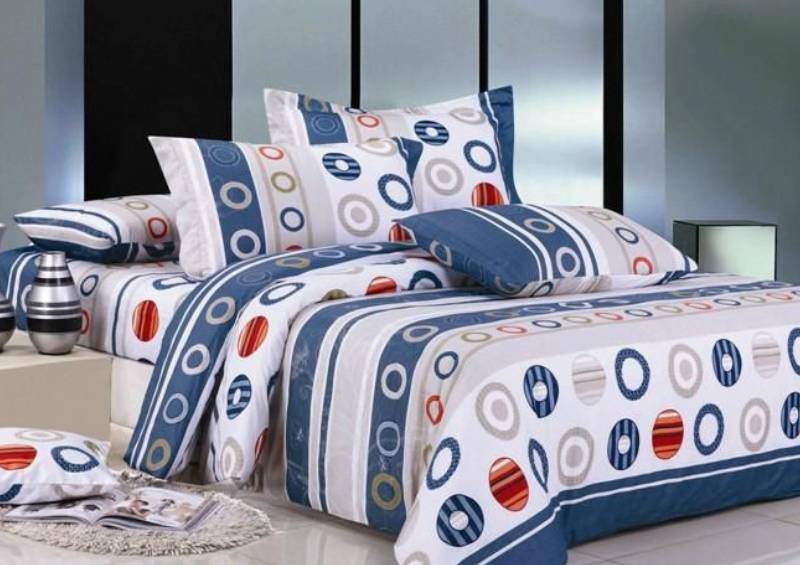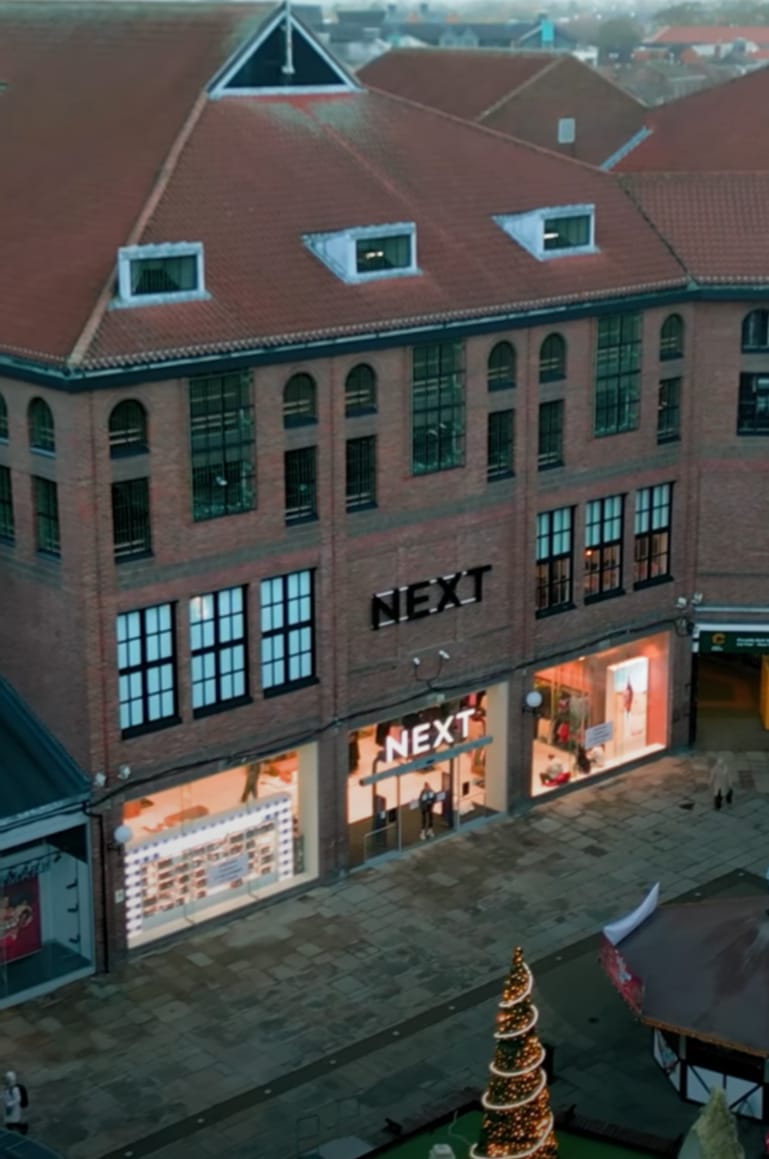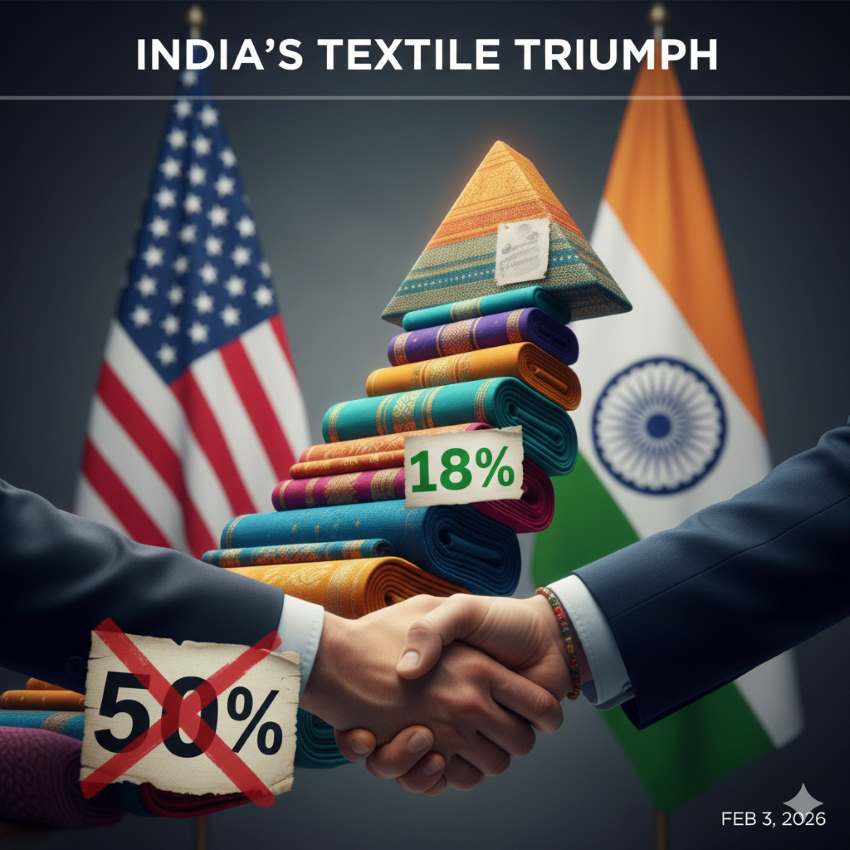
In a year marked by economic uncertainty and a growing awareness about sustainability, the secondhand market has emerged as a clear winner. New data from Consumer Edge, a leading provider of global consumer insights, reveals that resale spending outpaced traditional retail throughout 2024. This trend, driven by budget-conscious shoppers and a desire for unique items, signals a significant shift in consumer behavior with potentially lasting implications for the retail landscape. "The resale market's strong performance in 2024 is a testament to the changing priorities of consumers," says John Smith, Chief Analyst at Consumer Edge. "Shoppers are increasingly seeking value, sustainability, and uniqueness in their purchases. The secondhand market offers all of these, and platforms like Grailed and Depop have successfully tapped into this growing demand."
Resale spending on the rise
Resale spending growth surpassed overall retail spending in 2024. This outperformance was particularly pronounced in the apparel, accessories, and footwear sector.
Resale momentum surged in the latter half of the year. After a summer lull, resale spending rebounded with a 5 per cent year-over-year growth in October, the highest point of the year.
Peer-to-peer marketplaces are leading the charge. Platforms like Grailed and Depop, which facilitate direct transactions between consumers, saw explosive growth, with year-over-year spend increases of over 180 per cent and 90 per cent respectively. For example, social shopping platform Grailed focused on menswear saw a remarkable increase in popularity, this was because of its curated selection of high-quality secondhand items and a strong community engagement. "Grailed has become the go-to destination for fashion-conscious men looking for unique pieces at accessible prices," says David Rosenblatt, CEO of Grailed. "Our growth reflects the increasing desire for individuality and self-expression through fashion."
Similarly, Depop popular among Gen Z, fosters a vibrant community where users can buy and sell unique fashion finds. The platform's emphasis on individual style and creative expression resonates with young consumers seeking alternatives to mass-produced fashion. "Depop is more than just a marketplace; it's a platform for discovering and celebrating personal style," says Maria Raga, CEO of Depop. "Our users are passionate about sustainability and self-expression, and they're driving the growth of the circular economy."
Moving ahead, the secondhand market is expected to continue growing in 2025. As consumers become more conscious of their environmental impact and seek ways to stretch their budgets further, the appeal of secondhand goods is only likely to increase. This trend presents both challenges and opportunities for traditional retailers. While some brands are embracing the resale market by launching their own secondhand platforms, others risk being left behind if they fail to adapt to this evolving consumer landscape.












